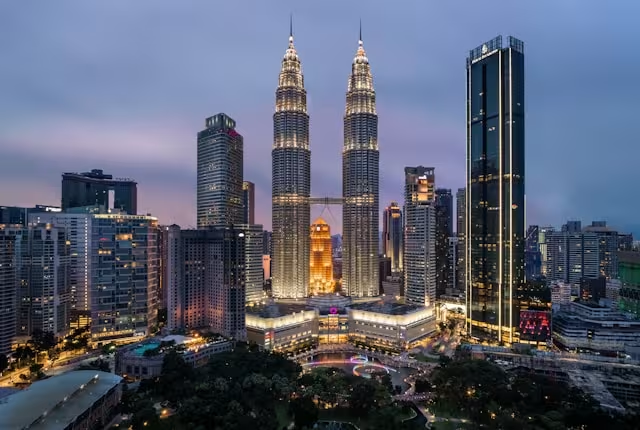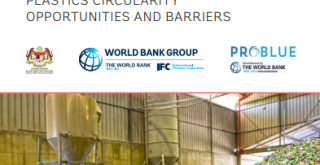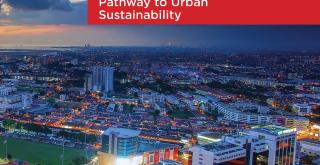Malaysia

Malaysia has been a committed partner in the Global Environment Facility’s Sustainable Cities Program, contributing valuable lessons across both GEF-6 and GEF-8 SCIP. Under GEF-6, Malaysia’s work in Melaka became one of the program’s flagship examples—demonstrating how evidence-based planning, geospatial tools, and integrated policy frameworks can guide a state toward a low-carbon, climate-resilient future. Melaka’s sustainability diagnostics, green technology ambitions, and urban policy reforms provided a benchmark for other cities in the GPSC network, showcasing how strategic planning and targeted investments can drive transformative outcomes.
Building on this foundation, Malaysia continues its commitment under GEF-8 SCIP, where cities such as Cyberjaya, Klang, and Shah Alam are advancing decarbonization, green infrastructure, and circular-economy approaches aligned with national climate goals. Malaysia’s multisector experience—from clean energy transitions to nature-based urban solutions—continues to inspire the global GEF cities community and strengthens the shared vision of more resilient, inclusive, and sustainable urban pathways.





